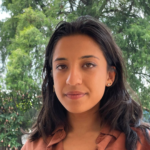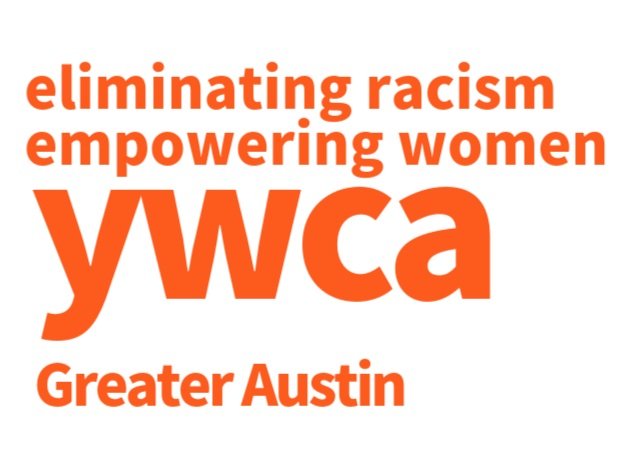Who We Are
YWCA Greater Austin is dedicated to eliminating racism, empowering women, and promoting peace, justice, freedom, and dignity for all.
Our local programs and services have furthered the YWCA vision of peace, justice, freedom, and dignity for all people since 1907. Programming has included desegregation efforts in the 50's and 60's, drug addiction programs in the 70's and 80's, the Volunteer and Training Institute and trauma-informed mental health counseling in the early 2000's, the GenYW Youth Program in the 2010’s, COVID response in recent years, and more.
Today we combine programming and advocacy in order to generate institutional change in three key areas: racial justice and civil rights, empowerment and economic advancement of women and girls, and health and safety of women and girls.
YWCA is proud to be the oldest and largest women’s movement, providing services for women and their families in our community.
Since our inception, we have been at the forefront of the most pressing social movements - from voting rights to civil rights, from immigrant justice to pay equity, from violence prevention to health care reform.

Our Team
-

Haleigh Campbell
MSW, PRACTICE DIRECTOR
-

Sonya Sehgal
LEAD YOUTH SPECIALIST
-

Cara Andres
YOUTH AND REPRODUCTIVE HEALTH SPECIALIST
-

Sarah Smoot
YOUTH SPECIALIST
Board of Directors
Our Board of Directors is a diverse group of women leaders using their passion, insights, and connections in the community, to create real impact for Greater Austin.
2024 - 2025 Members
Faye Dedrick
Co-Chair of the Board of Directors
Laura Razo
Co-Chair of the Board of Directors
Glynis Braxton
Member of the Board of Directors
Sara Glakas
Development Chair of the Board of Directors

